Quantum field theories of ultracold atoms
Mean-field theories of many-body systems, due to their simplicity and transparency, have been highly desired and they usually offer valuable insights. For example, Bogoliubov theory of weakly interacting bosons has been a great success in describing Bose-Einstein condensation (BEC) in ultracold atoms. Extending Bogliubov theory to finite temperature or stronger-coupling regimes, however, has been shown to be difficult and most available theories exhibit inconsistent artifacts. The large-N expansion, a technique developed in high-energy physics, has been applied to this problem. It was widely believed that the leading-order large-N theory is not consistent with Bogoliubov theory and thus should be rejected based on experimental evidence. I will explain the major difficulties hindering the development of a consistent mean-field theory for interacting bosons. Then, by including the correct correlation functions, I will show how to construct a mean-field theory that does not exhibit problematic behavior. The large-N based mean-field theory is more transparent if written in the path-integral formalism, and I will give an overview of it. In addition to single-component bosons, the theoretical framework can be applied to two-component fermions with tunable attractive interactions and two-component repulsive Bose gases. With the help of local-density approximation, trapped interacting bosons can be formulated and the results agree well with the latest experimental data.
Reference: Chien et al., PRA 86, 023634 (2012); PRL 105, 240402 (2010); PRA 83, 053622 (2011); PRA 83, 053637 (2011); Phys. Rev. A 93, 033637 (2016).
About the speaker: Chih-Chun Chien got his BS and MS from National Taiwan University and his PhD from the University of Chicago. He was a director funded fellow and then an Oppenheimer fellow at Los Alamos National Laboratory in USA. He is currently a physics assistant professor at University of California, Merced, working on theoretical atomic and molecular physics. He is a recipient of 2015 Hellman Family Faculty Award.


